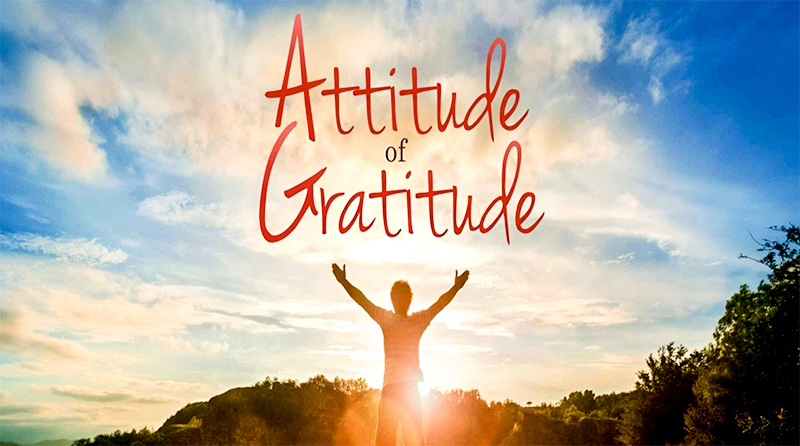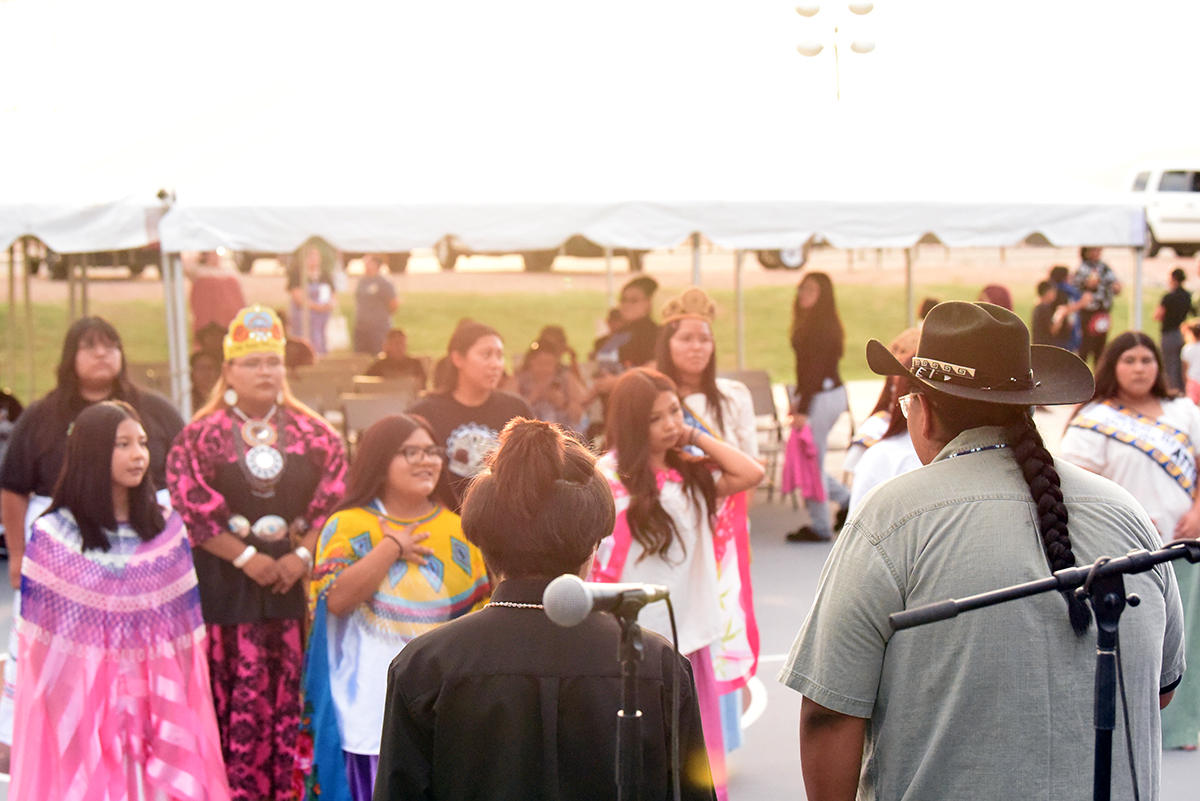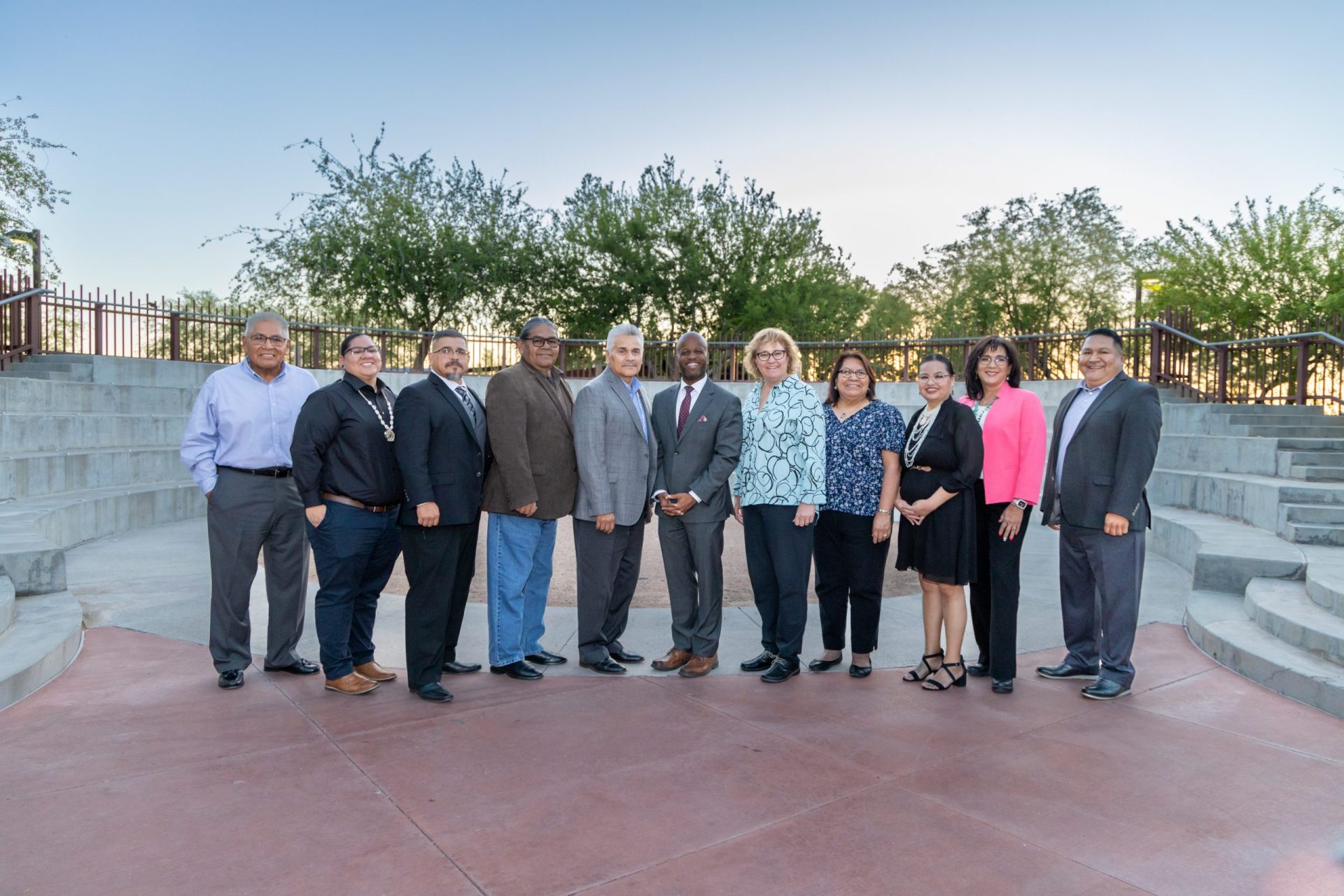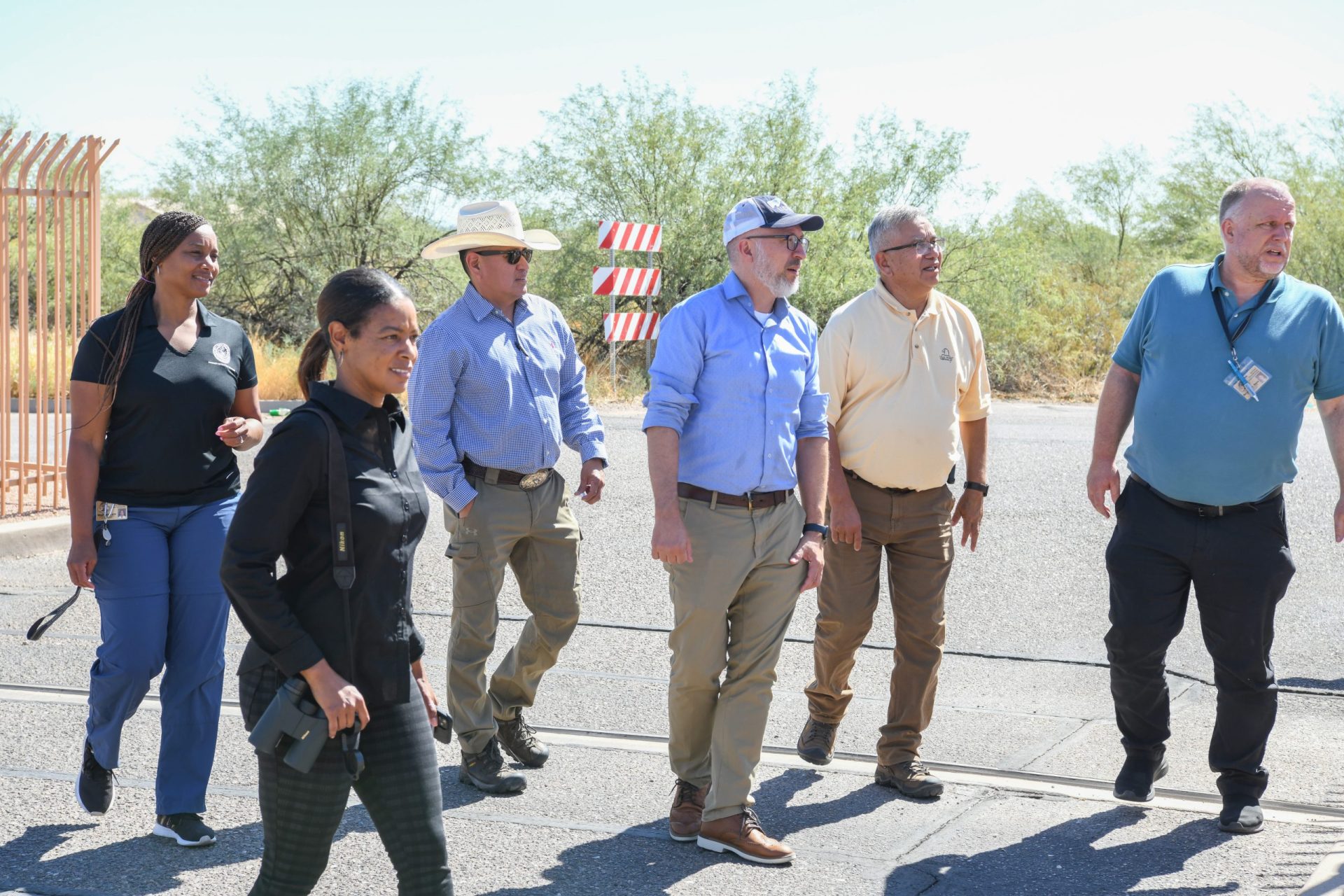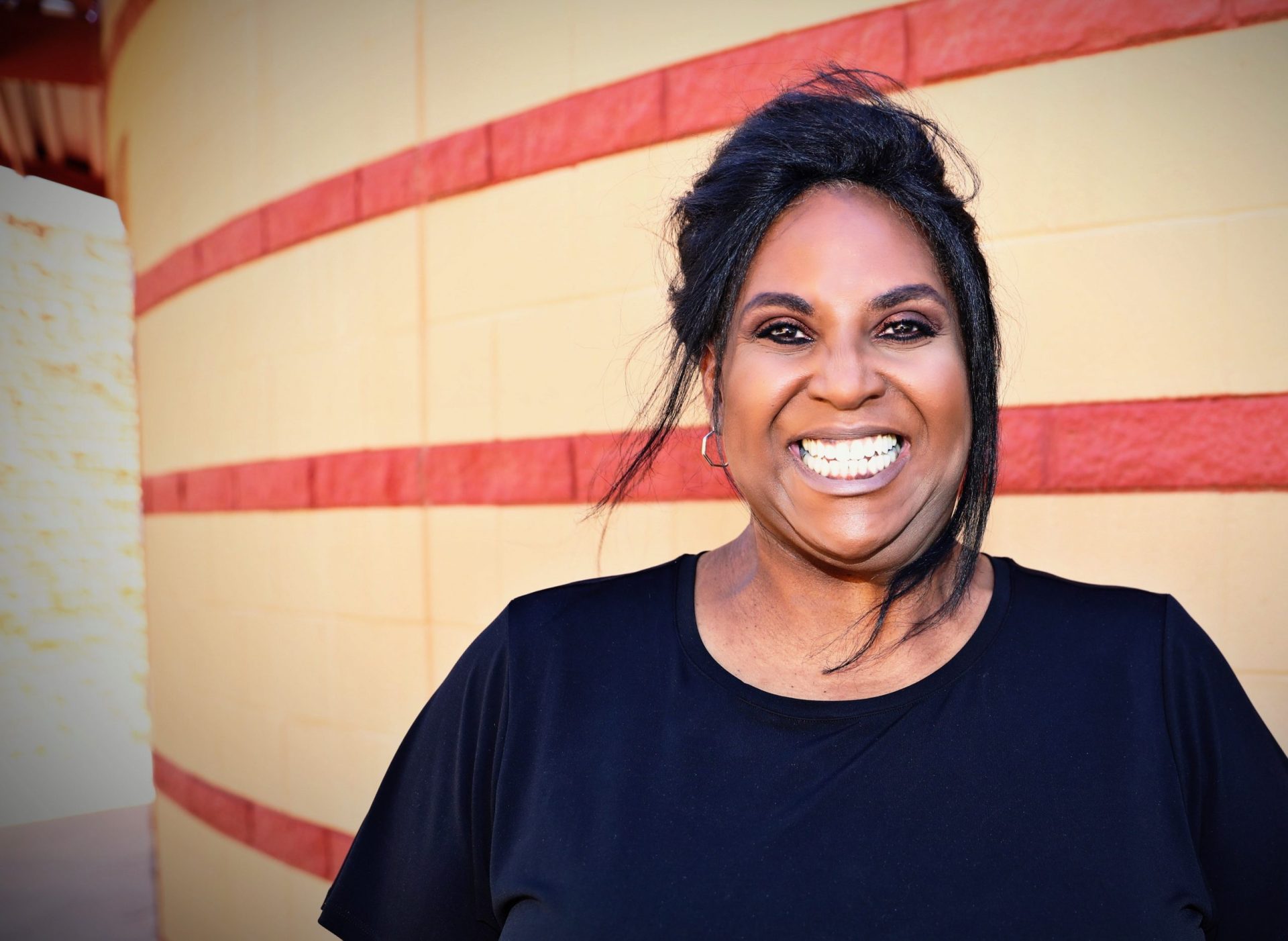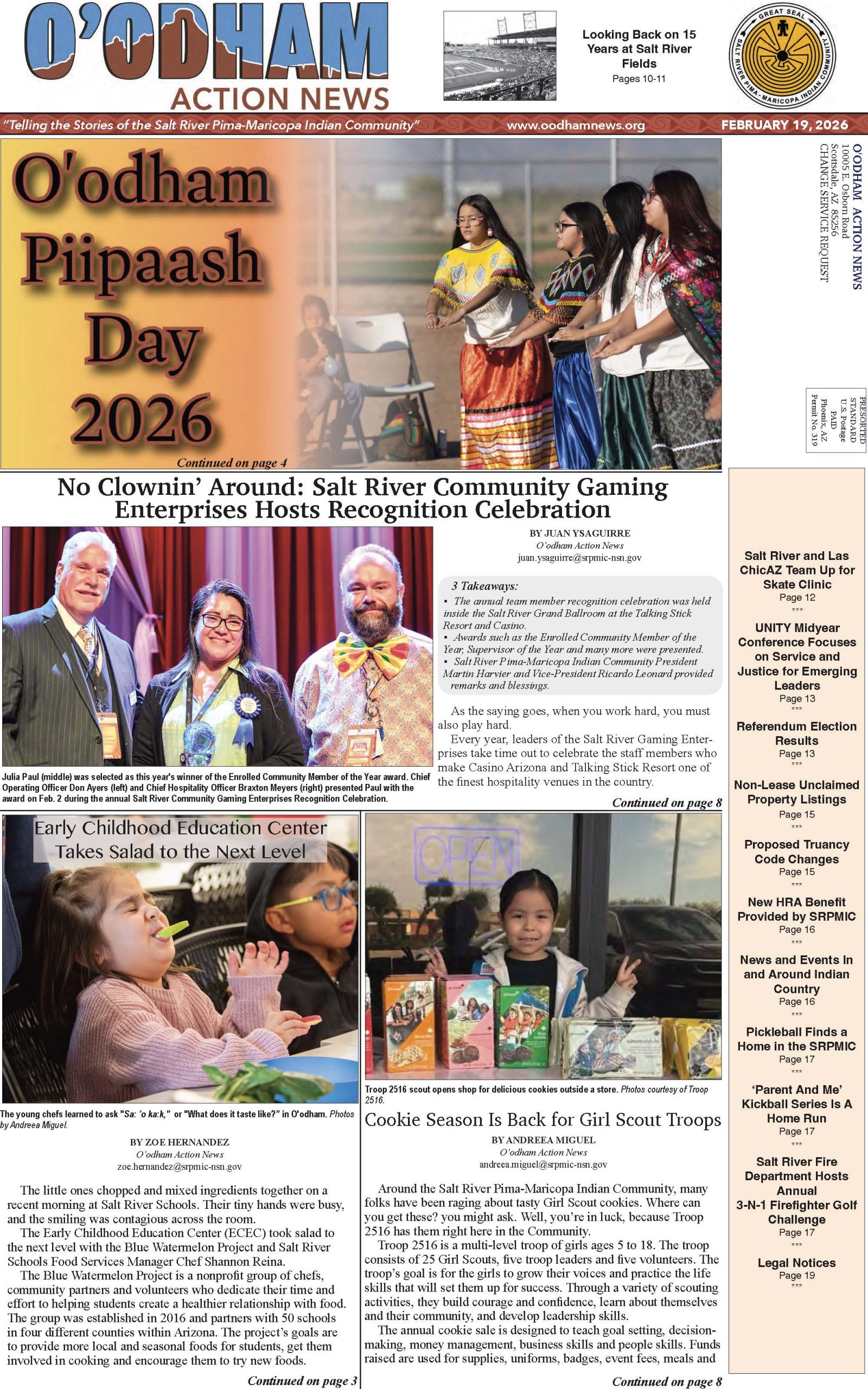VIEWS: 915
December 27, 2024Health Educator Vurlene Notsinneh-Bowekaty Details Ways We All Can Express Gratitude
Sometimes, a small token of appreciation can go a long way.
“When the ‘Pay It Forward’ mantra started, it made a lot of people do nice things for others unexpectedly,” began Salt River Pima-Maricopa Indian Community Health Educator Vurlene Notsinneh-Bowekaty during a November 26 webinar presentation on expressing gratitude during the holiday season.
“I recall last year I was taking my grandchildren to the movies, and we had lunch before the film started. I asked the waiter for our check because I couldn’t find it on our [tabletop] bill machine. The waiter told me, ‘Ma’am, the couple over there paid for your meal.’ It was five of us!” shared Notsinneh-Bowekaty.
She continued, “I asked the waiter why they did that, and the waiter told me that the couple said, ‘We’re paying for our meal and that family’s meal over there. Please wish them a Merry Christmas. I thought that was wonderful.”
Gratitude is a positive emotion we can express when we’re feeling thankful, and it can be expressed in a tangible or intangible manner. Tangible assets are physical assets that can be felt, seen and touched. Intangible assets are non-monetary and cannot be seen or touched. Tangible asset examples include water, food, pets and sports equipment. Intangible assets include kindness, second chances, love and aiding.
Notsinneh-Bowekaty provided examples involving the four building blocks of gratitude: awareness, appreciation, acceptance and action.
“Without awareness, we easily shift into a negative mindset,” said Notsinneh-Bowekaty. “When we practice gratitude, we make an effort to appreciate what we have rather than what we don’t,” she said.
The increased rates of bullying and harsh judgments on social media have resulted in many individuals disconnecting and “doom-scrolling” to find small surges of serotonin to ease their pain.
She then provided an example of appreciation, specifically how SRPMIC staff and members interact during the workweek. “When we’re all at Round House [Café], everyone says ‘Good morning’ to each other. It’s like being in a family that appreciates one another,” she said.
Once Notsinneh-Bowekaty polled the group of nearly 80-plus individuals on how they practice gratitude, the answers started pouring in: being kind, paying it forward, making a meal for someone, giving thanks, as well as implementing action because words aren’t enough.
Practicing gratitude increases emotional happiness in individuals. Since we all experience life through our own personal lens, it’s imperative to ensure that our overall mental well-being is taken care of, especially because we as individuals are responsible for our own personal health. Gratitude reduces envy and makes us more optimistic in life.
“If someone wakes up and goes, ‘Ugh, I have to go to work, it’s going to be tough,’ that’s a negative approach. By practicing focusing on positives, it improves overall well-being and showcases to others that we can act appropriately around others,” said Notsinneh-Bowekaty.

